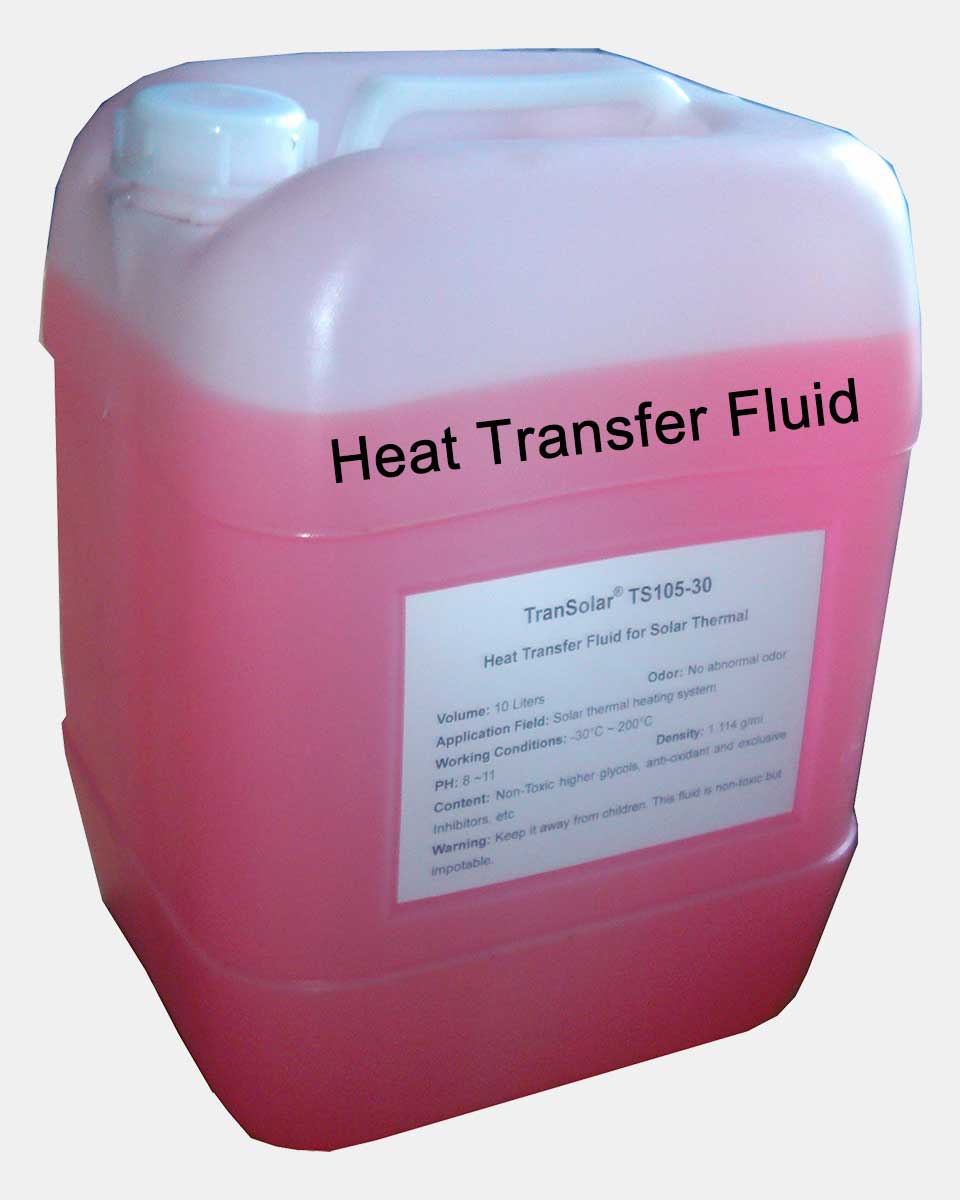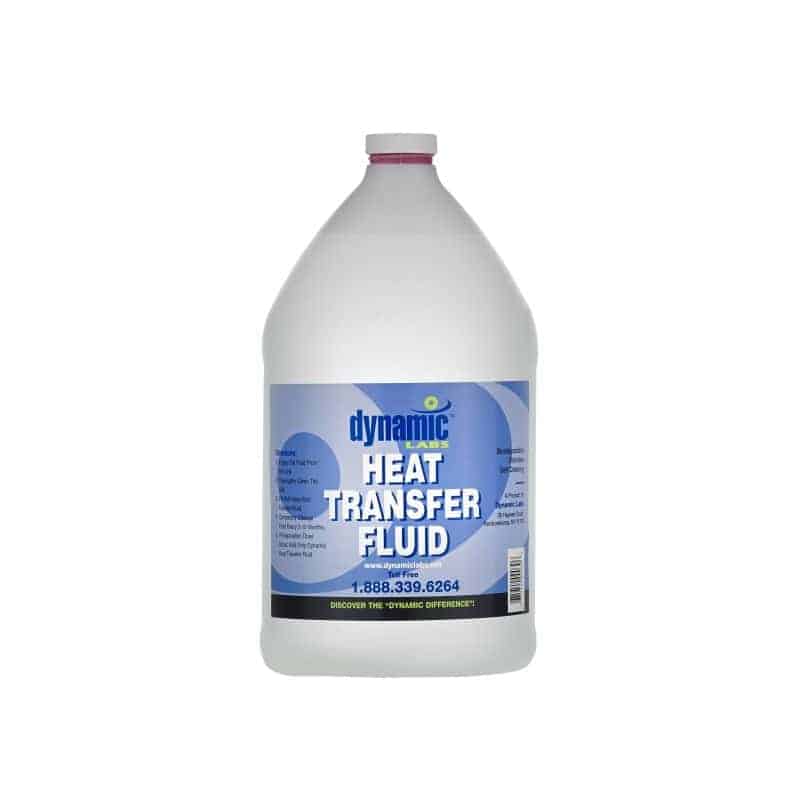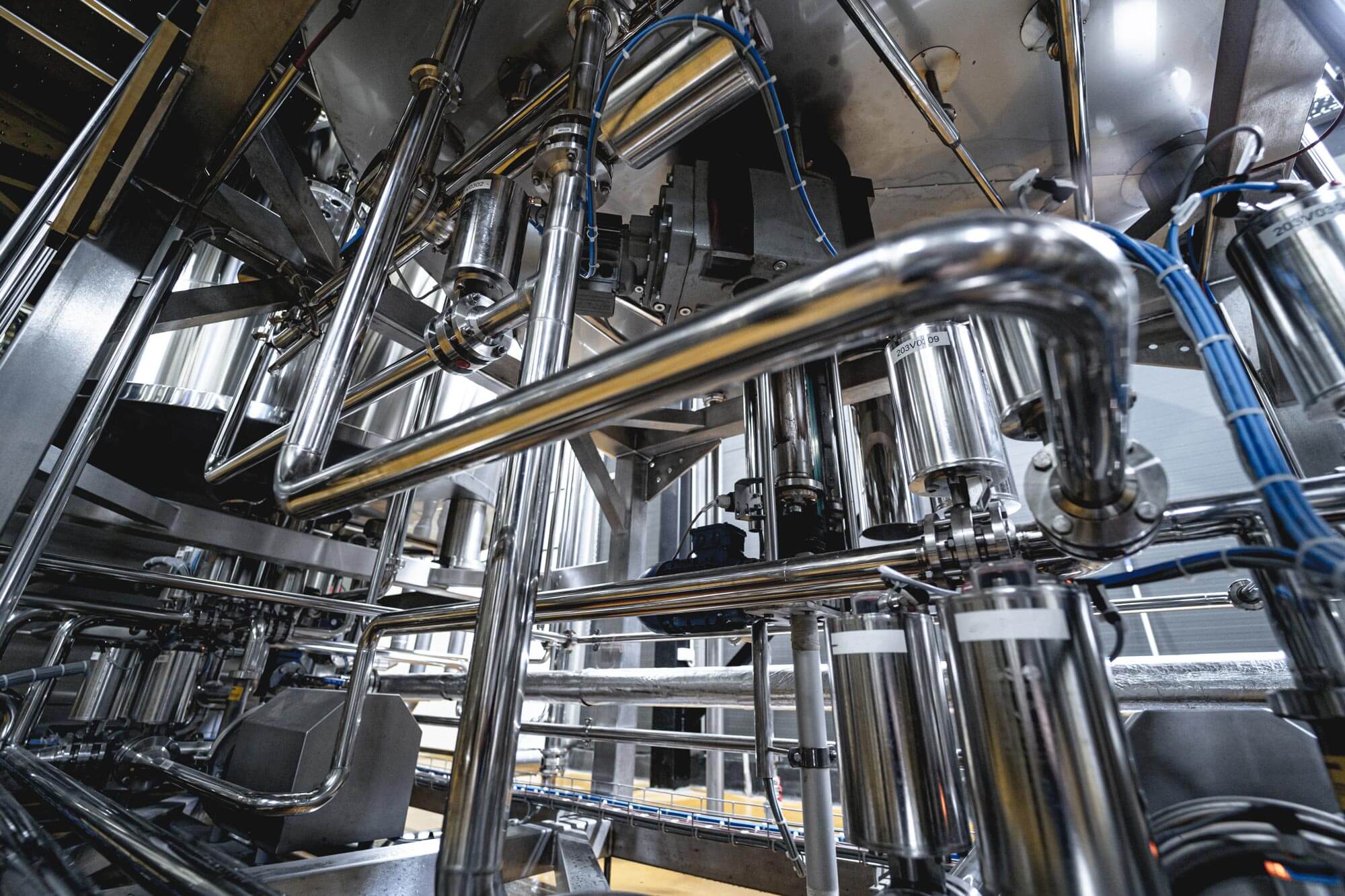Why Regular Maintenance of Heat Transfer Fluid is Crucial for System Longevity
Why Regular Maintenance of Heat Transfer Fluid is Crucial for System Longevity
Blog Article
Exactly How Heat Transfer Liquid Adds To Sustainable and Cost-efficient Workflow
In the contemporary commercial landscape, the function of heat transfer liquids (HTFs) in promoting lasting and cost-effective operations can not be overemphasized. These fluids are crucial in enhancing thermal management systems, therefore dramatically improving power effectiveness and reducing functional costs. In addition, the environmental advantages of sophisticated HTFs, with their high thermal security and low poisoning, are undeniable. They not just expand system durability yet also add to the decrease of damaging exhausts. The true capacity of HTFs is understood through the careful option process, guaranteeing compatibility and safety and security. What variables should guide this crucial option?
Recognizing Warmth Transfer Liquids
In the realm of thermal management, heat transfer liquids (HTFs) serve as vital agents for moving thermal power from one area to another. These liquids play an essential function in various commercial applications, consisting of chemical processing, power generation, and Cooling and heating systems.
The structure of heat transfer liquids can vary significantly, consisting of options such as mineral oils, artificial oils, glycols, and molten salts. Each type supplies unique benefits, such as improved thermal security, low thickness, and high boiling points, which are picked based on details operational needs. Additionally, the selection of HTF effects not just the effectiveness of warmth transfer but additionally the longevity and safety and security of the system in which it is employed.
As sectors continue to innovate, the advancement of sophisticated HTFs, identified by their improved thermal conductivity and lowered ecological influence, is important for fulfilling the needs of modern-day thermal management challenges.

Enhancing Power Efficiency

Improving energy efficiency has become a critical issue across different markets, prompting a closer evaluation of heat transfer fluids' role in optimizing thermal management systems. These fluids are integral to keeping the wanted temperature level in processes, consequently lessening power waste and improving overall system efficiency. By selecting an appropriate heat transfer liquid, sectors can considerably enhance their energy performance, resulting in minimized power usage.

Advanced formulas of warmth transfer fluids have been created to endure severe temperature levels while keeping stability and effectiveness. Enhancing energy performance through optimum heat transfer fluid choice is not just a technological need yet also an environmental critical.
Reducing Operational Costs
Operational expenses are a substantial factor to consider for industries seeking to maintain competitive advantage, and the choice of heat transfer fluid plays a vital duty in price monitoring. Selecting an appropriate heat transfer fluid can lead to substantial cost savings by enhancing system efficiency and reducing energy consumption. High-performance fluids reduce thermal degradation, which consequently decreases the frequency of fluid replacement and downtime connected with maintenance, thereby lowering operational expenditures.
Furthermore, warm transfer fluids with superior thermal stability and corrosion resistance expand the lifespan of tools. This reduces the demand for use this link constant repair services and replacements, which can be costly and turbulent to procedures. By purchasing premium fluids, industries can attain long-lasting reductions in upkeep prices and boost the dependability of their systems.
Additionally, progressed warm transfer fluids usually display lower thickness at operating temperatures, which boosts pump effectiveness and decreases energy use in fluid circulation. This optimization of power intake directly translates right into decreased functional expenses. Several modern-day warmth transfer fluids are crafted to operate successfully over a wide temperature level array, decreasing the demand for multiple liquid kinds, thereby enhancing inventory requirements and minimizing associated expenses. These variables collectively add to even more lasting and affordable procedures.
Environmental Impact Reduction
The press in the direction of minimizing ecological influence has actually acquired momentum in industries leveraging heat you could try this out transfer liquids. Warm transfer fluids (HTFs) play an essential function in this transition, offering possibilities to improve energy performance and decrease emissions - heat transfer fluid.
In addition, the usage of advanced warmth transfer fluids contributes to enhanced system efficiency, lowering the general energy usage. This reduction not just results in price savings yet likewise decreases co2 emissions, assisting in the fight versus climate adjustment. Fluids that are biodegradable and recyclable further boost sustainability efforts, as they reduce waste and promote round economic climate practices.
In addition, integrating HTFs right into closed-loop systems stops fluid loss and contamination of the surrounding environment. This strategy makes certain that fluids are recycled, reducing the need for new resources and restricting use this link waste generation. By welcoming these eco mindful techniques, sectors can considerably lessen their ecological effect while keeping high functional efficiency, lining up with worldwide sustainability objectives and regulatory requirements.
Selecting the Right HTF
Picking the ideal warmth transfer fluid (HTF) is a vital step in advancing ecological sustainability within commercial procedures - heat transfer fluid. An ideal HTF should have a high thermal capacity, low viscosity, and high thermal conductivity to guarantee effective warmth transfer.
This makes certain durability and reduces upkeep expenses. The fluid needs to be safe and naturally degradable, lessening its ecological impact and guaranteeing compliance with ecological laws.
Verdict

Report this page